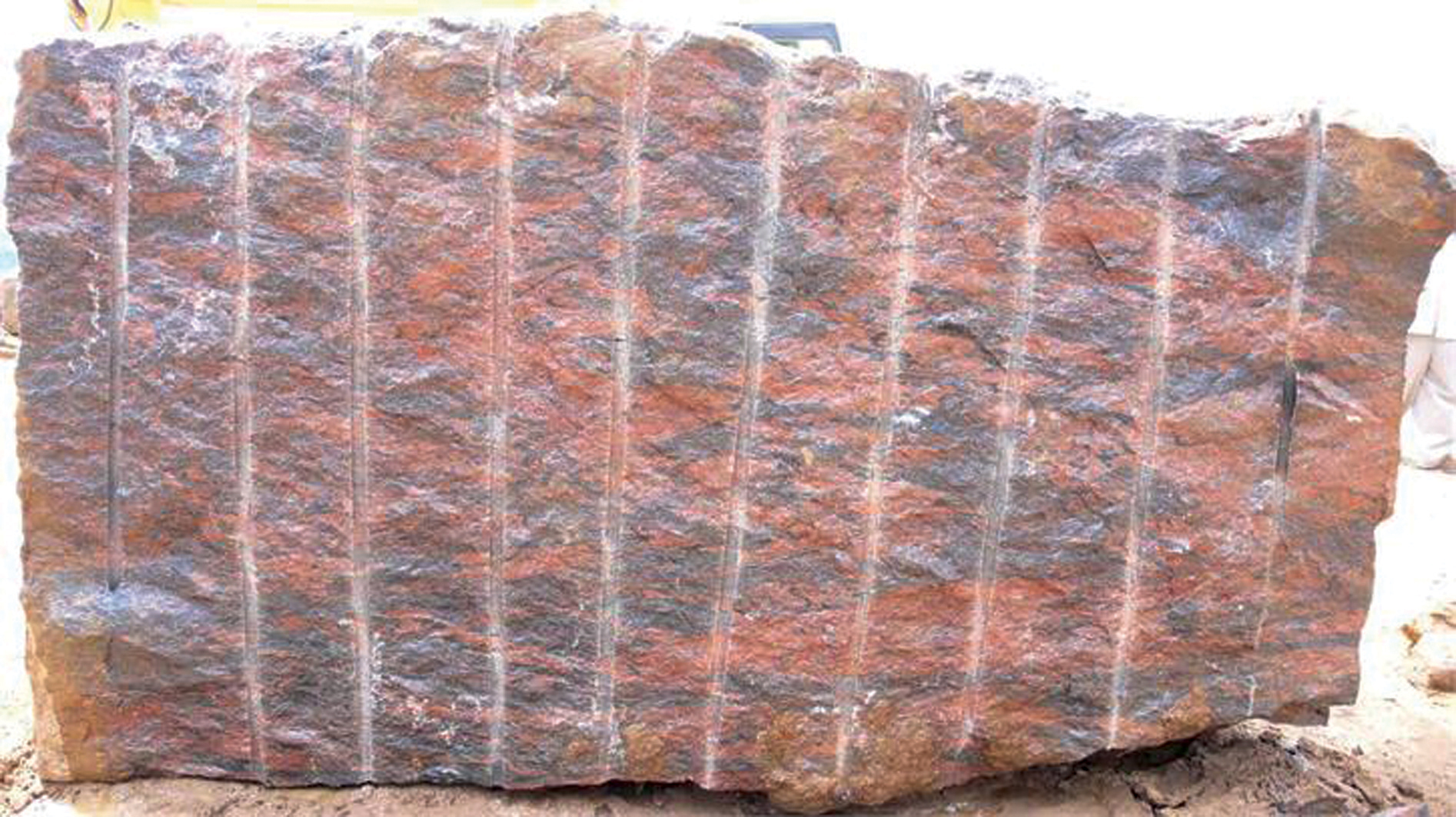A Journey Through Granite Quarries in South Africa: Unveiling Nature's Virtuosity
Uncovering the Rich Background and Sustainable Practices of Granite Quarrying
As we depend on the precipice of uncovering the detailed tapestry of granite quarrying, a trip via time exposes not simply the physical act of removing rock but also the social and historic importance woven right into the very fabric of this technique. From the old origins that laid the foundation for modern-day quarrying techniques to the sustainable techniques that are forming the future of this industry, each chisel mark on granite surfaces informs a tale waiting to be uncovered (granite quarries in south africa). The tradition of granite quarrying extends far past plain extraction; it is a testimony to human ingenuity, strength, and the enduring allure of this impressive stone
Ancient Origins of Granite Quarrying
Dating back to ancient people, the technique of quarrying granite has actually been an indispensable part of human history and architectural development. The earliest proof of granite quarrying dates back to old Egypt, where large pyramids and complex sculptures were crafted from this durable stone. The Egyptians used primitive devices to draw out granite blocks from quarries, showcasing the importance of this material in their huge building and constructions.
Progressing in background, the Greeks likewise made significant payments to the quarrying of granite. The Greeks utilized granite in various architectural wonders, such as holy places and sculptures, showing their ability in shaping and sculpting this durable stone. The Romans better refined the strategies of quarrying granite, utilizing sophisticated tools like blades and hammers to essence and shape granite for their legendary frameworks.
Via the centuries, the method of quarrying granite has progressed, with modern technologies enhancing efficiency while maintaining the classic appeal of this all-natural rock - granite quarries in south africa. From ancient civilizations to modern building contractors, the heritage of granite quarrying continues to shape our globe
Advancement of Quarrying Methods
The development of quarrying methods has been marked by a continual development in the direction of better performance and accuracy in drawing out granite. Early quarrying techniques involved hands-on labor with basic devices such as knives, hammers, and wedges to extract granite blocks from the planet.
Developments in computer-controlled equipment and 3D modeling have enhanced quarrying procedures, leading to marginal environmental effect and enhanced sustainability practices. As the demand for granite proceeds to rise, the evolution of quarrying techniques stays integral to meeting industry requires effectively and sustainably.
Social Relevance of Granite
Granite holds an extensive cultural importance throughout numerous human beings as a result of its long-lasting existence in building masterpieces and admired monuments. From the impressive pyramids of Egypt to the detailed makings of the Angkor Wat temple in Cambodia, granite has actually been a product of selection for sharing grandeur and durability in cultural heritage. In ancient Rome, granite columns adorned holy places and public buildings, representing toughness and permanence. The social importance website here of granite prolongs past its physical features; it embodies resilience, security, and eternity, making it an icon of withstanding heritages and traditions.

Sustainable Practices in Quarrying
In the middle of the abundant history of granite quarrying and its social relevance exists an expanding focus on lasting techniques within the industry. As ecological understanding and worries about resource deficiency have actually increased globally, the quarrying sector has actually significantly accepted sustainable approaches to decrease its effect on the atmosphere and surrounding communities.

Moreover, improvement and rehabilitation of quarry websites post-extraction are indispensable to lasting techniques. By bring back quarried locations to a natural or advantageous state, such as developing wildlife environments or leisure rooms, quarriers can counter the ecological impact of their operations and contribute positively to the local ecological community.
Tradition of Granite Quarrying
With a historical background steeped in craftsmanship and industrial progression, what sustaining impact has granite quarrying left on the landscape of modern-day society? The heritage of granite quarrying goes beyond simple removal techniques; it has actually shaped building marvels, city landscapes, and cultural heritage worldwide. The long lasting nature of granite has made it a favored choice for monoliths, structures, and facilities, standing as a testimony to the skill and artistry of quarry workers across generations.
Moreover, the economic footprint of granite quarrying can not be ignored. The sector proceeds to offer job opportunity and drive regional economic climates in regions where granite extraction prevails. It has actually additionally stimulated technical innovations in quarrying techniques and equipment, bring about much more reliable and sustainable practices.
In regards to sustainability, the heritage of granite quarrying includes initiatives to pop over here reduce ecological impacts through improvement jobs and accountable source management. By stabilizing economic interests go to this site with ecological stewardship, the sector makes every effort to make certain that future generations can remain to profit from this enduring all-natural source.
Verdict
